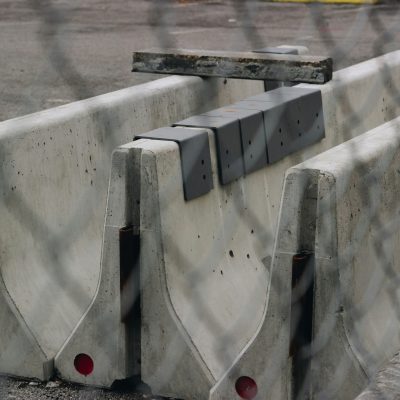Overcoming Inertia in Kosovo
Publication coortinated by Carnegie

Kosovo continues to face significant obstacles on its path to EU membership. To move forward, Prishtina must revive its dialogue with Belgrade, while the union should provide a clear road map for easing its punitive measures against the country.
Kosovo has lately ceased to generate angst-ridden headlines in international media. The situation in and around the Western Balkan country appears to be stable. After a violent standoff in the northern village of Banjska in September 2023, tensions with Serbia have gone down a notch or two. In recent weeks, Kosovo was recognized as an independent state by two further countries: Kenya and Sudan. And Kosovo’s economy is growing. According to the International Monetary Fund, the country’s GDP expanded by 4 percent in 2023 and 4.4 percent in 2024.
Domestic politics appear to be in a decent shape, too. Unprecedentedly, the last parliament served a full term. At a time of authoritarian drift in the region, Kosovar politics remain democratic and highly competitive. The governing Vetëvendosje (VV) party won the February 2025 parliamentary election but lost seats to the opposition and fell short of a majority.
Yet, there is no room for complacency, as Kosovo continues to face significant challenges. Its road to EU membership is effectively blocked. Before Prishtina moves forward, Brussels would like to see some initial progress on the creation by Kosovo of the Association of Serb Municipalities (ASM), a planned body that would group Serb-majority entities and grant them some level of self-government. But dialogue with Serbia has ground to a halt. Full normalization of ties and Belgrade’s de facto recognition of Kosovo remain elusive.
In the meantime, uncertainty hovers over politics in Prishtina. As a result of the inconclusive election, neither VV nor its rivals in the divided opposition might be in a position to form a government that is willing or able to engage with the Serb community. The dramatic shift in U.S. foreign policy and the resultant discord in the Western alliance are exacerbating geopolitical risks for Kosovo and the region.
The current inertia in Kosovo’s relations with the EU is detrimental to all parties. To break the logjam, the EU has to act swiftly and decisively. The European Commission should take a more assertive approach toward the EU member states with regard to a gradual lifting of the punitive measures imposed on Prishtina in 2023. The commission should also take steps that could contribute to granting Kosovo candidate country status in the near future.
For its part, the next government in Prishtina should move forward with initial steps on establishing the ASM to regain confidence in Brussels. The government should also seize the economic opportunities offered by the EU’s Growth Plan for the Western Balkans to catch up with the rest of the region. Even if forming a coalition proves impossible, parties in the new parliament could unite around a shared European agenda. Kosovo should explore bilateral security partnerships with key European countries, including the UK, to underwrite regional stability at a time when a U.S. pullout might be in the cards.





